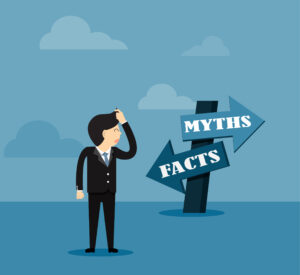Tax Scam Bill Reaches More Than $20 Million
Do you know where your tax return is? Are you sure that next year’s tax return is safe? It’s clear that the IRS does not have a strong prevention plan in place to stop would-be tax scammers from getting to your personal information and then using it to steal your tax return. According to a recent report from the top tax agency, the Treasury Inspector General for Tax Administration (TIGTA) has received about 600,000 contacts since October 2013 in regards to tax scams. The TIGTA also noted that there have already been thousands of victims who have collectively lost more than $20 million in that time.
According to the IRS, most scammers pose as employees of the IRS and go after those that are most vulnerable, especially the elderly. However, their threatening tactics are clear-cut signs that they are not with the IRS. The agency will never call anyone and ask for personal information over the phone. The IRS will also always send a letter in the mail first, before contacting you by phone.
However, as the number of scams increases so do the scammers’ methods and abilities. Every year tax scammers get more sophisticated in their efforts. This year the IRS found that scammers have started to change phone number caller IDs in order to make it look as though the IRS is actually calling. Additionally, many scammers are starting to learn more about their victims even before they call, so they can appear to be even more legit.
If you think anyone has tried to scam you out of your tax return then the IRS suggests calling the following number: 1-800-829-1040.
Myths About Trusts
Myths About Trusts Trusts are a dependable way to arrange for the management of family funds. Yet even financially sophisticated people settle for less satisfactory alternatives. Lack of knowledge isn’t the problem. It’s the assorted myths about trusts handed down over the years. Myth #1. Only the very rich use trusts. Because what the superrich…
Calculating Capital Gains Tax on the Sale of a Collectible
Calculating Capital Gains Tax on the Sale of a Collectible Uncle Sam takes a tax bite out of almost every asset sold and collectibles are no exception. Indeed, collectibles are currently subject to one of the highest rates of federal taxation on an investment property. Long term Capital gain from the sale of a collectible…
Don’t Get Scammed on Your 2015 Tax Return
Don’t Get Scammed on Your 2015 Tax Return By Alan Olsen, CPA, MBA (tax) Managing Partner Greenstein Rogoff Olsen & Co. LLP It’s tax season and for a lot of people that can be a very scary time of year. Some people will attempt to go it alone and use an online tax program, while…
Sales Tax Deduction Option, State and Local
[vc_row][vc_column][vc_column_text] Sales Tax Deduction Option, State and Local The Tax Relief and Health Care Act of 2006 extended the election to deduct state and local general sales taxes for 2006. The act was enacted after Schedule A (Form 1040), Itemized Deductions, and its instructions were printed. Because we were not able to include the instructions…



